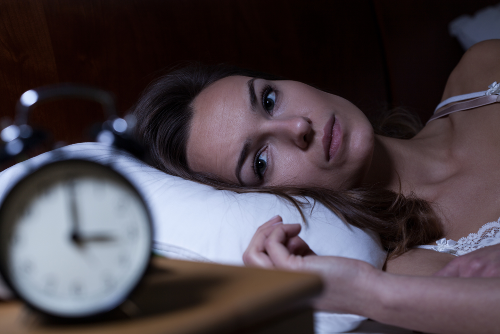Getting enough sleep with PKU

Spring: when the air gets warmer, and the days get longer, and the sun rises earlier –which makes it harder for a lot of people to get a good night’s sleep.
Even if the sun doesn’t peek through your curtains at 6 am, if you have PKU, you may be more likely to have problems getting to sleep and staying asleep than your friends and family. A Dutch study found that 48% of men with PKU had symptoms of a sleep disorder, compared to just 19% of their close relatives.
If you have problems sleeping, there are techniques recommended by the National Sleep Foundation and the Mayo Clinic that can help you learn how to sleep through the night.
- Stick to a sleep schedule. Go to bed at same time and wake up at the same time every day – even on weekends – to train your body when it’s time to go to sleep. If you don’t fall asleep in 20 minutes, leave your bed and so something else.
- Make your bedroom room ready for rest. Keep the light low, and don’t look at screens in your bedroom – the light from a TV, laptop, or phone can help keep you awake.
- Get exercise. It sounds funny, but moving more during the day can make it easier to rest at night. Try to not to exercise too close to bedtime so you have a chance to calm down.
- Be careful about what you’re putting in your body. Caffeine, alcohol, nicotine, many OTC and prescription drugs, and even a heavy meal close to bedtime can all interfere with sleep. Even though alcohol makes you feel sleepy, it can make you wake up later in the night.
- Try not to take afternoon naps. They make it harder to get to sleep at night.
- Stop taking your worries to bed with you. Racing thoughts and anxieties can literally keep you up at night. You can try meditation, or therapy, or even just writing out your worries to get them out of your mind before bed. Finding a way to manage stress, and it will help you to sleep easy.
And, if you have a metabolic disorder, do your best to stay on diet and take your formula on schedule. Getting the nutrition you need can help reduce symptoms of anxiety and depression that make sleep a struggle. And better sleep will help you feel balanced, and feel better.
Here’s wishing you and your entire family a good night’s sleep!


Leave a Reply
You must be logged in to post a comment.